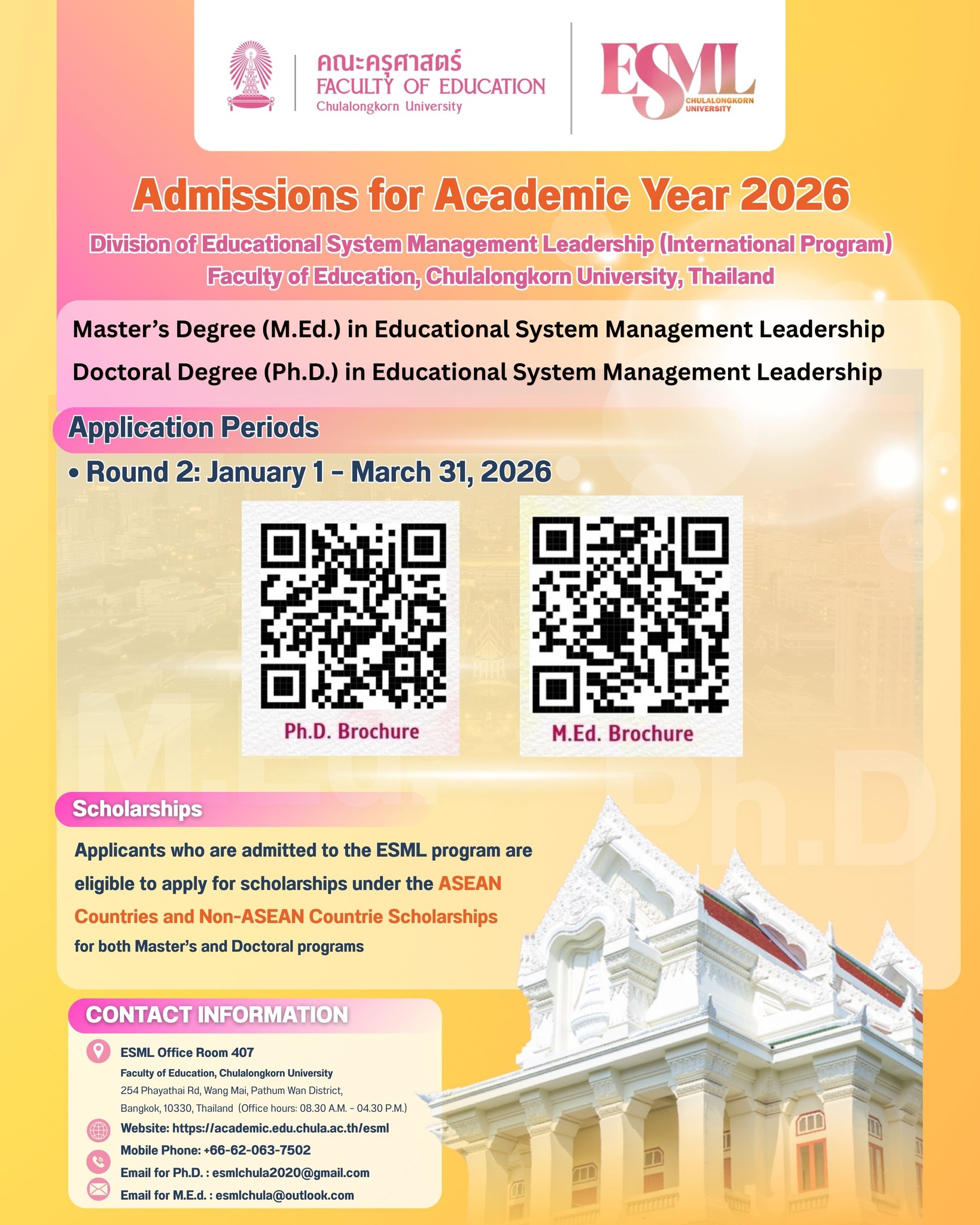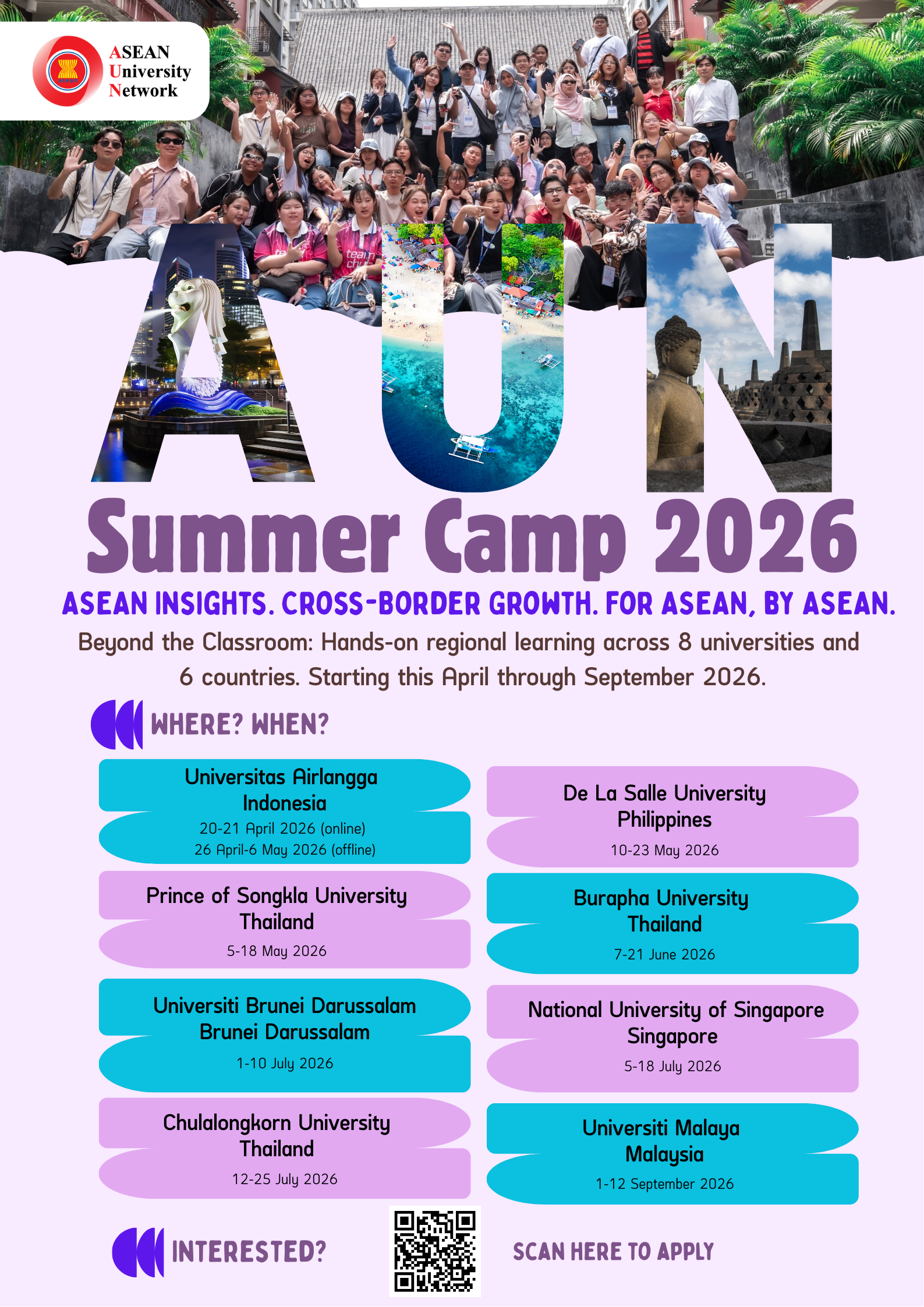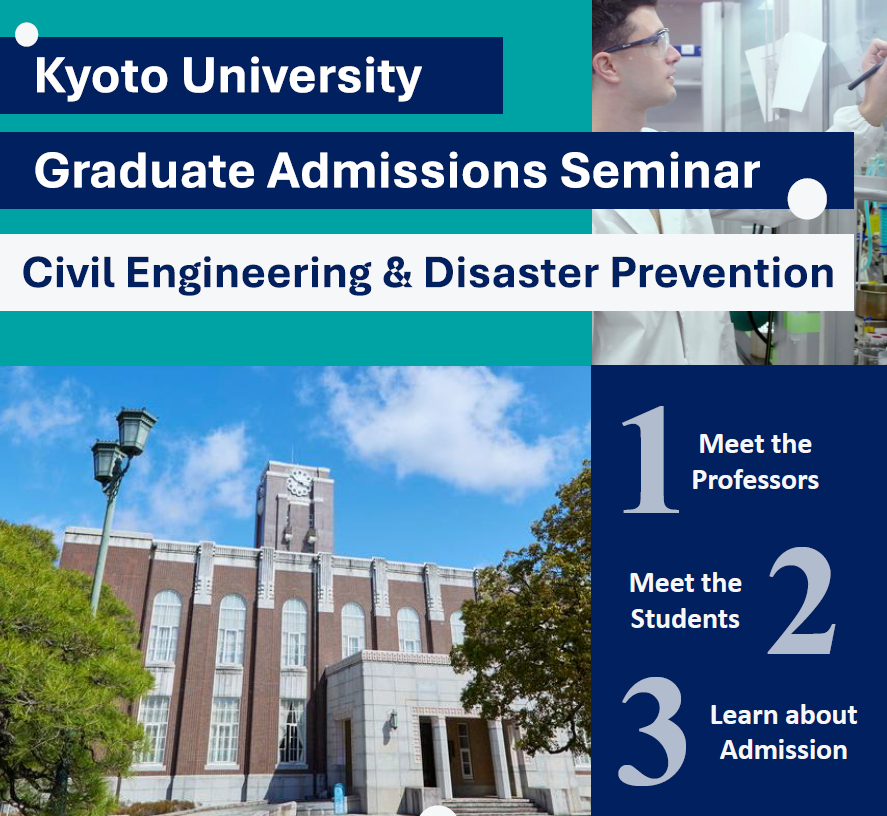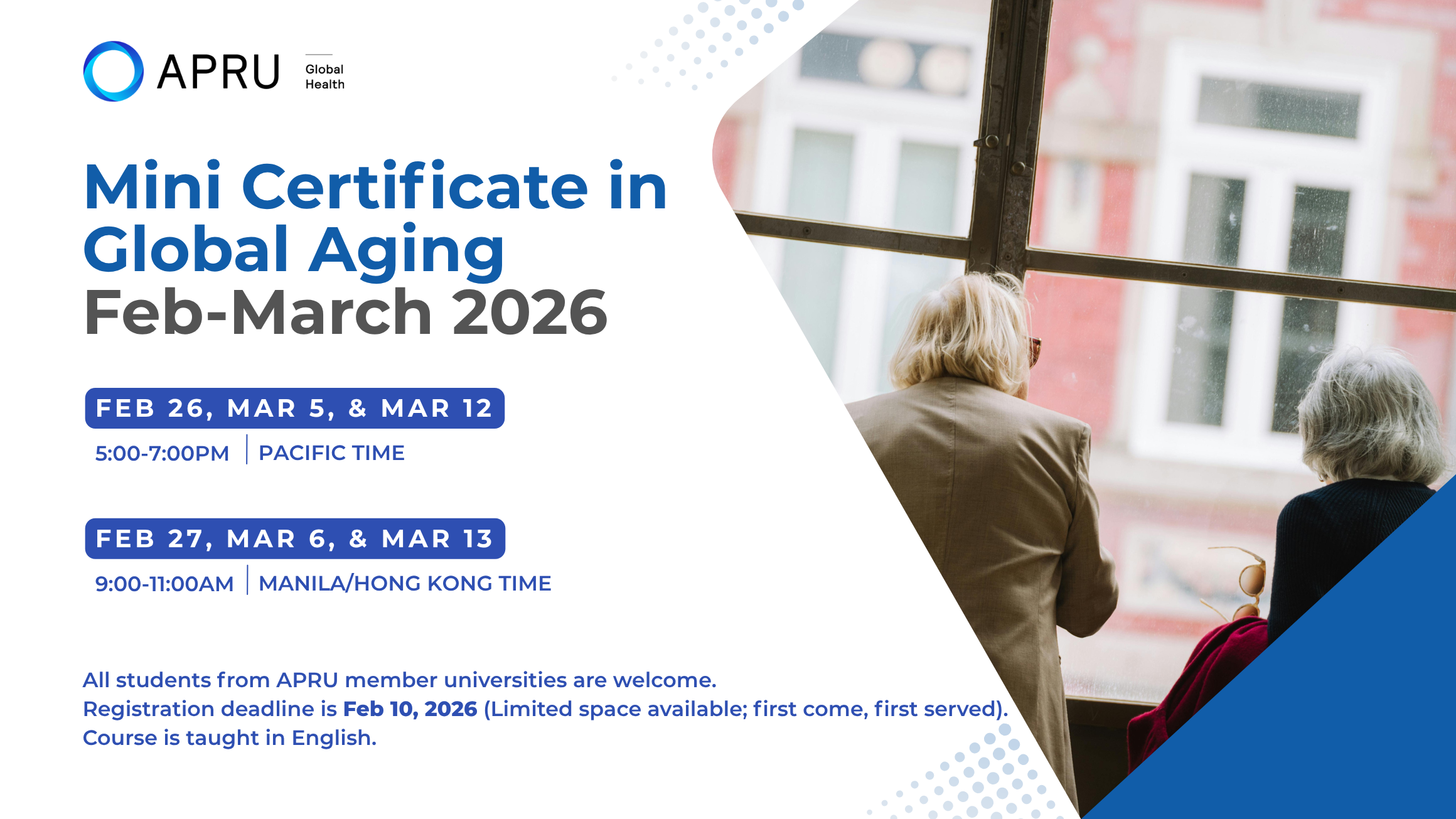Special Talk – Growth mindset and academic engagement: How cultural context inspires new theories and practices

Growth (fixed) mindset refers to the belief in the malleability (unchangeability) of valued personal attributes, such as intelligence, sociability and morality (Dweck, 1999; Dweck, Chiu, & Hong, 1995). Growth mindset has received much attention from both psychologists and educators because of the consistent finding that compared to others, students who possess or are situationally induced to embrace a growth mindset are more motivated to pursue challenging goals, remain resilient in the face of hardship and setbacks, improve their performance and have better emotional wellbeing. These findings confer confidence in the efficacy of using growth mindset interventions to bolster students’ resilience and social emotional competence. Subsequent intervention studies have shown that growth mindset intervention in schools can improve students’ academic performance and social-emotional wellbeing.
The sizes of psychological benefits of growth mindset intervention vary across cultural contexts. For example, the benefits are more sizeable in Western individualist cultures than Asian collectivist cultures. We attribute the small effect size of growth mindset intervention in Asian societies to three inter-related factors: (1) keen academic competition among students in Asian societies, (2) the Asian cultural belief that effort is a way to compensate for low ability, and (3) the lack of academic mobility in Asian societies. We further propose an ecological perspective to guide theory construction and practices of growth mindset educational intervention. In this talk, I will present the gist of this perspective and our attempts to develop growth mindset educational practices in Hong Kong Asian contexts.
For more information, please contact: Bhibhatbhon.P@chula.ac.th or visit https://www.psy.chula.ac.th/th/lectures-talks/spe-talk-growth-mindset





